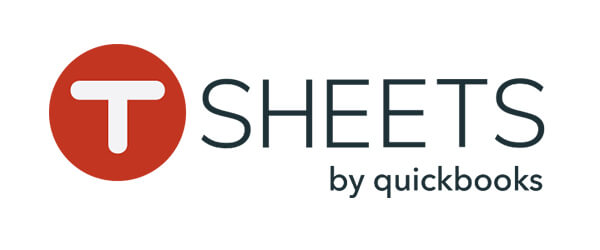
Accounting is the heart of every successful business, but how do you know when it's time to hire a professional in the field for your business? From managing tax obligations to developing strategic financial plans, an accountant will be your trusted ally in managing your finances, freeing you from routine and allowing your business to grow effectively.
Successfully running a business requires not only great ideas and entrepreneurship but also sound financial management. Whether you are the owner of a small startup company or the head of a large enterprise, proper bookkeeping plays a critical role in ensuring financial stability and successful growth. Every entrepreneur faces the question: “When is the right time for my business to involve a professional accountant?” In this article, we will analyze 10 key signs that can serve as reliable signals that your business needs an experienced accountant.
1. Growing business
As the business grows, the volume of financial transactions increases, which creates difficulties in accounting for them. An accountant equipped with professional knowledge and skills can ensure effective financial record-keeping. This allows the business owner to focus on strategic development, entrusting routine tasks to an accountant.
2. Complex tax system
Tax structures and regulations are constantly changing, and staying on top of all the changes can be challenging. An accountant with expertise in tax law can help your business stay compliant, minimizing tax liabilities, and avoiding potential penalties.
3. Insufficient time
Business owners, especially those in active growth, often don’t have enough time to effectively manage their finances. An accountant, taking responsibility for accounting and financial analysis, will allow you to concentrate on strategic tasks and interaction with clients.
4. Complex financial statements
Understanding complex financial statements is not a task for every business owner. An accountant, in addition to preparing reports, will provide you with a detailed analysis of finances, allowing you to make informed decisions based on real data.
5. The need for business planning
An accountant with experience and knowledge can help develop strategic business plans and financial forecasts. This will not only simplify the decision-making process but will also help the business adapt to changes in the economic environment.
6. Difficulties with paying taxes
Mistakes in preparing tax returns can have serious consequences. An accountant who has up-to-date information on tax legislation will ensure the accuracy and timeliness of filling out documents, minimizing the risks of possible violations.
7. The need for financial advice
An accountant is not just an accounting specialist, but also a valuable advisor. He can provide recommendations on optimizing costs, improving liquidity, and creating a financial growth strategy.
8. Growing staff
As the number of personnel increases, financial obligations for remuneration also increase. An accountant will be able to effectively manage payroll calculations, taxes, and other aspects of personnel policy, ensuring compliance with labor legislation.
9. Difficulties with auditing
Preparing for an audit requires systematic and accurate work with financial statements. An accountant who correctly maintains documentation will help you prepare for the audit and reduce the risks of possible problems.
10. Need for professional advice
Sometimes making financial decisions can be difficult and require professional advice. An accountant who is familiar with your business can become your trusted advisor, providing knowledgeable advice to help you grow your business.
The bottom line
Deciding to involve an accountant in your business is a step towards a sustainable financial future. This professional will not only ease your financial burden but will also become your partner in strategic business development. Remember that in modern business, where competition is increasingly intense, proper financial management is the key to the successful and long-term prosperity of your enterprise.

 Log in with Facebook
Log in with Facebook 








